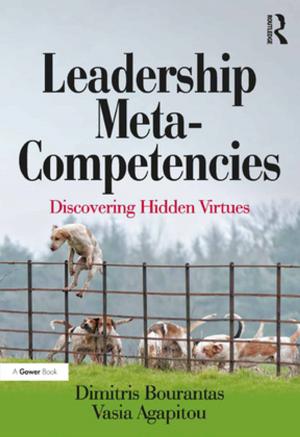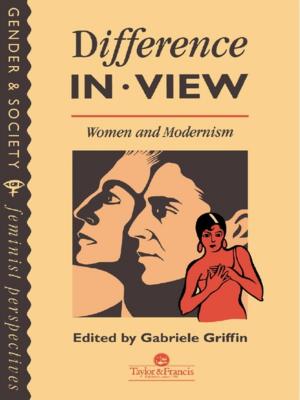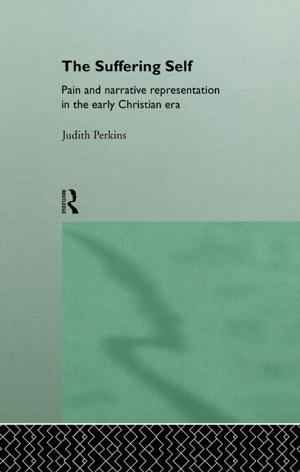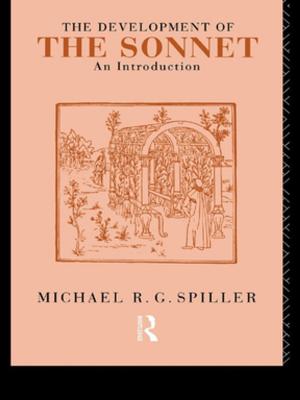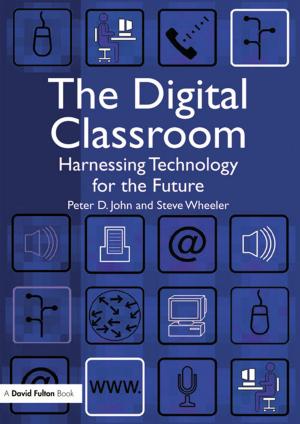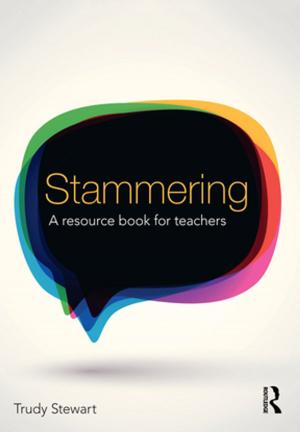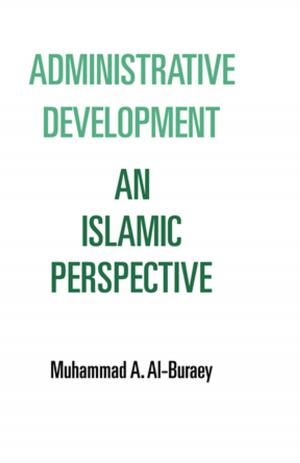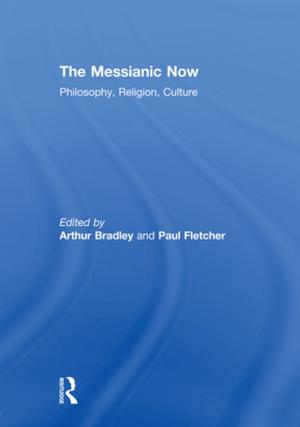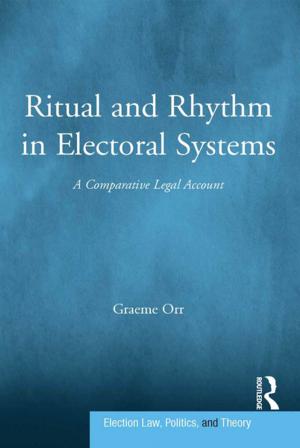Participatory Research Methodologies
Development and Post-Disaster/Conflict Reconstruction
Nonfiction, Social & Cultural Studies, Political Science| Author: | Alpaslan Özerdem, Richard Bowd | ISBN: | 9781317083795 |
| Publisher: | Taylor and Francis | Publication: | May 13, 2016 |
| Imprint: | Routledge | Language: | English |
| Author: | Alpaslan Özerdem, Richard Bowd |
| ISBN: | 9781317083795 |
| Publisher: | Taylor and Francis |
| Publication: | May 13, 2016 |
| Imprint: | Routledge |
| Language: | English |
Participatory research methodologies have been used since the 1970s as a tool to garner accurate information about communities in which development practitioners operate. Their usefulness as a collection of research techniques has been evident in academic disciplines such as politics, sociology, anthropology and economics, among others. This informative text assesses the use of participatory methods as a research tool in the contexts of development and reconstruction after conflict and disasters by identifying cross-cutting themes and establishing a comparative lessons-learned framework that can help inform future uses of them, both for practitioners and researchers. More importantly, rather than adopting a prescriptive perspective, this book provides a critical analysis of such methodologies. Specifically, the reader will benefit from the collation of the experiences of those who utilize participatory research methods in different countries and contexts, and from different academic and practitioner perspectives.
Participatory research methodologies have been used since the 1970s as a tool to garner accurate information about communities in which development practitioners operate. Their usefulness as a collection of research techniques has been evident in academic disciplines such as politics, sociology, anthropology and economics, among others. This informative text assesses the use of participatory methods as a research tool in the contexts of development and reconstruction after conflict and disasters by identifying cross-cutting themes and establishing a comparative lessons-learned framework that can help inform future uses of them, both for practitioners and researchers. More importantly, rather than adopting a prescriptive perspective, this book provides a critical analysis of such methodologies. Specifically, the reader will benefit from the collation of the experiences of those who utilize participatory research methods in different countries and contexts, and from different academic and practitioner perspectives.

